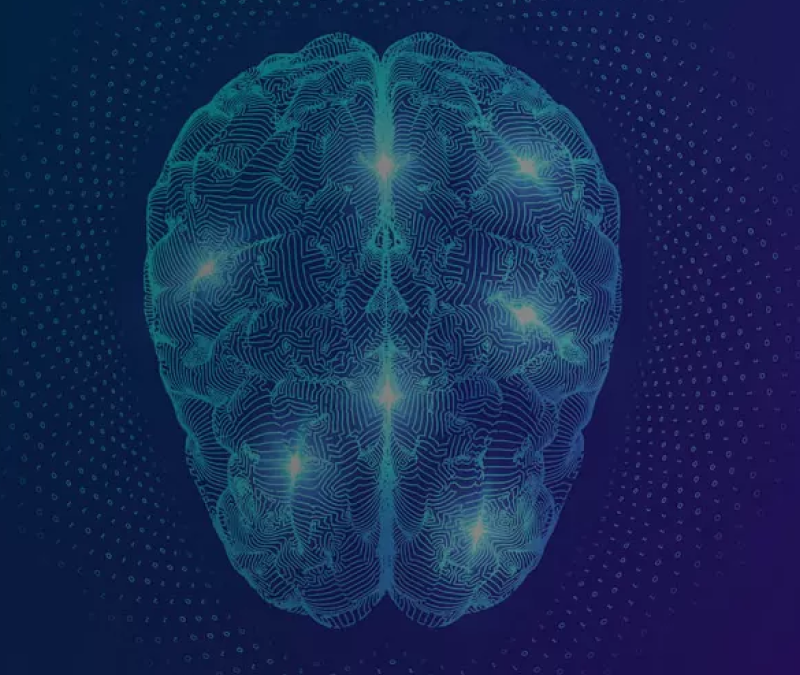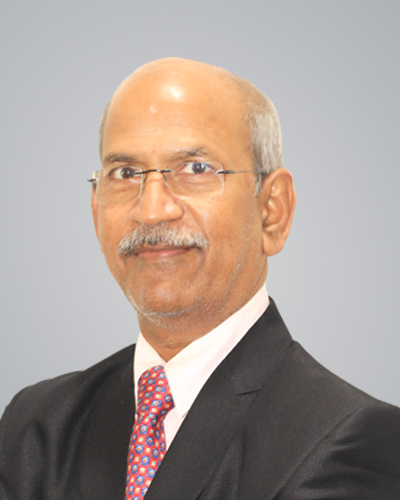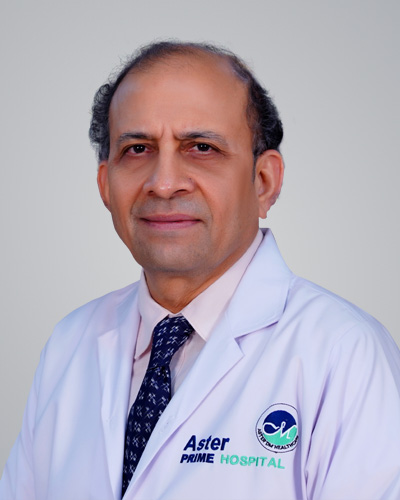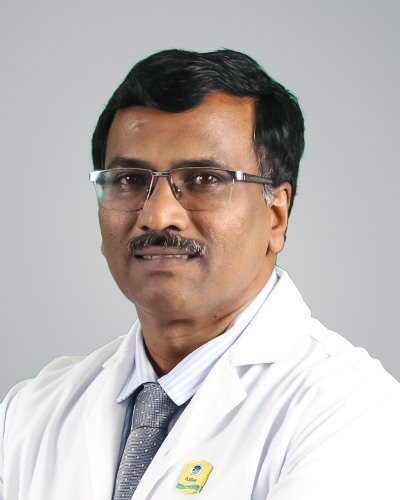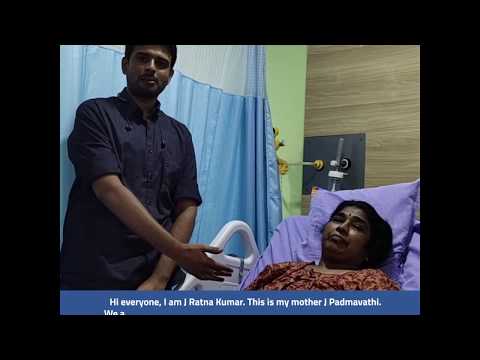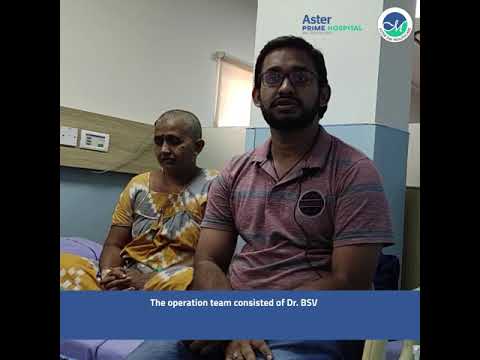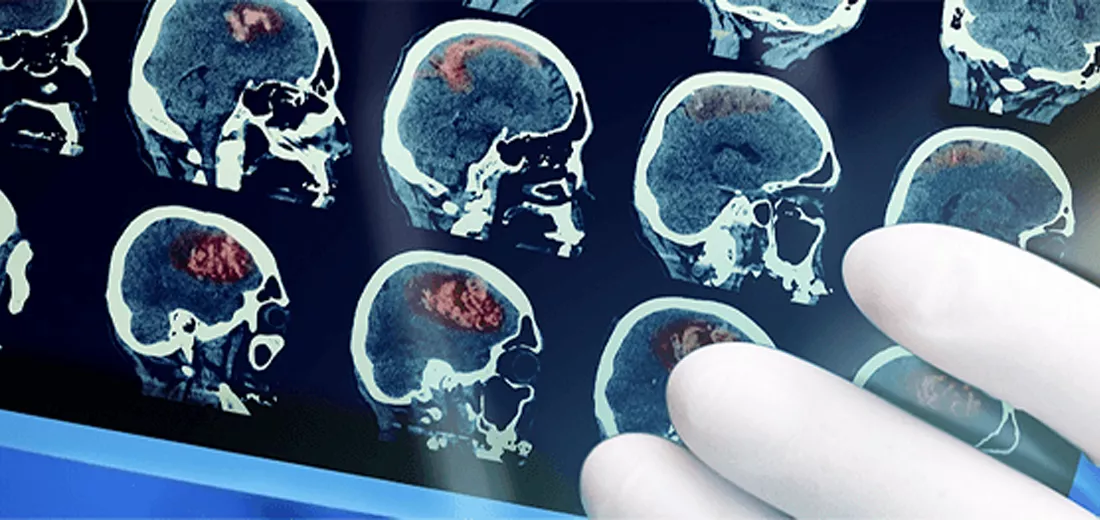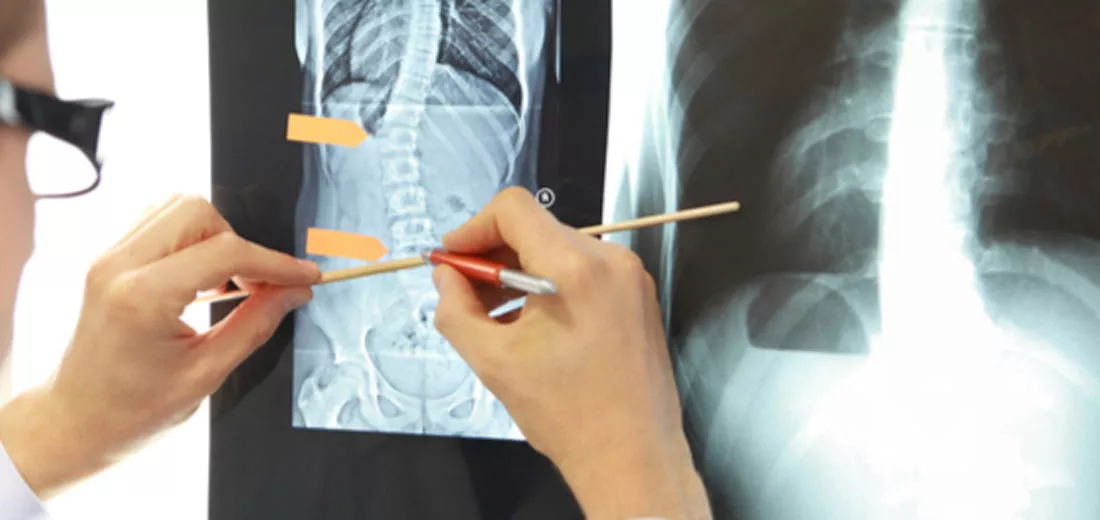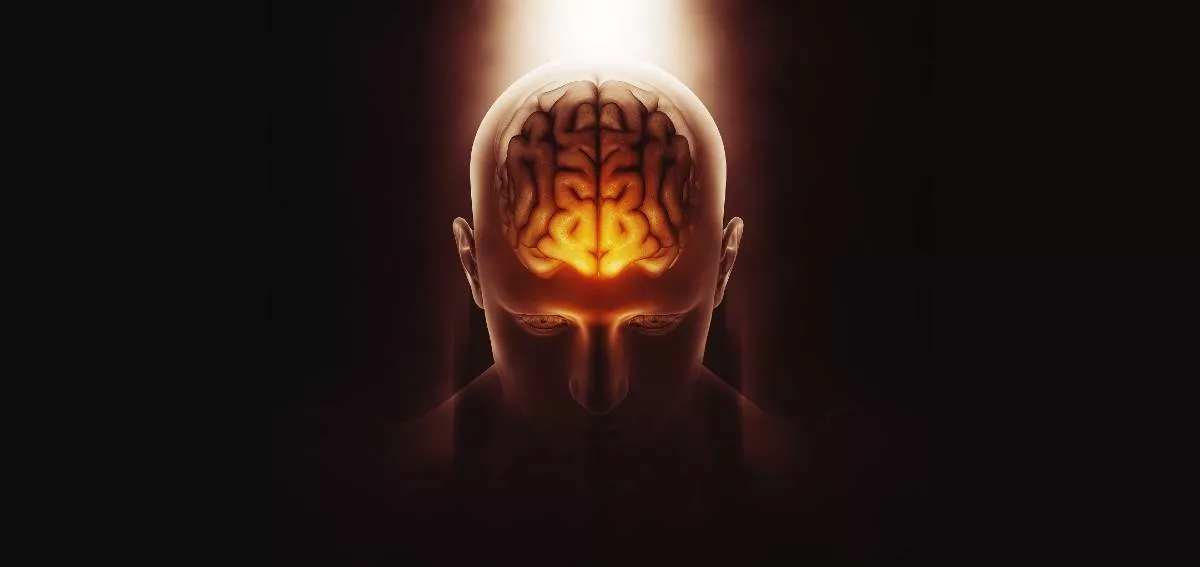The Neurosurgery & Spine department at Aster Prime Hospital provides extensive treatment & care for all ailments related to the brain, spinal cord, and peripheral nervous system. Some of the neurological treatments offered are for stroke, brain tumors, and head injuries as well as spinal treatments for spinal tumors, disc herniation, cervical/ lumbar spondylosis, sciatica, and congenital spinal deformities.
As an expertly skilled neuro-spine team in Hyderabad, it consists of experienced neuro and spine surgeons who work in collaboration with specialty nurses, rehabilitation therapists and radiology technicians to provide customized and comprehensive treatment to all patients.
The department is well-equipped and provides world-class facilities, such as neuro-microscope, C-arm system, intracranial pressure monitoring devices and stereotactic instruments for effective diagnosis and management of complex neurological conditions along with state-of-the-art neuro and spine surgery suites, neuro ICU (intensive care units) all supported by modern neuro-radiology and neuro-intensive care facilities.
Our Doctors
We have some of the best specialists from around the world, they bring years of experience and offer evidence-based treatment to ensure the best care for you.
Advanced Technology & Facilities
Well equipped with the latest medical equipment, modern technology & infrastructure, Aster Hospital is one of the best hospitals in India.
- Imaging tests
- CT
- MRI
- CT cisternography
- Cerebral arteriogram
- Neurosonography
- Myelogram
- Electromyography
- Intracranial pressure monitoring
Patient Stories
Our patients are our best advocates, hear the inspiring stories of their treatment journey
Blogs
The source of trustworthy health and medical information. Through this section, we provide research-based health information, and all that is happening in Aster Hospital.

